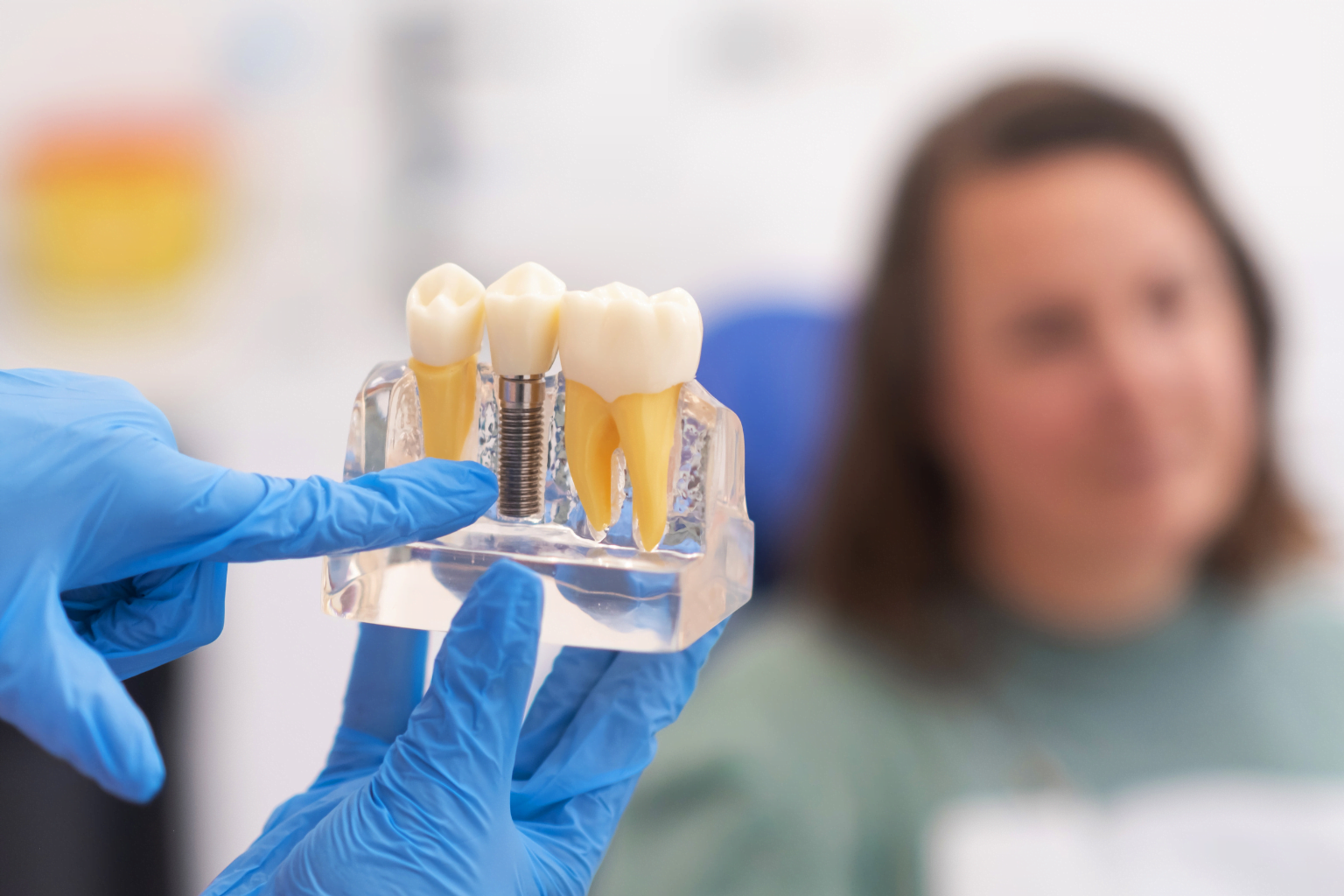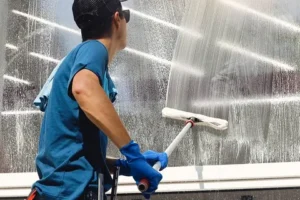Can You Play Sports With Dental Implants?
If you live an active lifestyle or play sports regularly, the idea of undergoing a dental implant procedure may come with some uncertainty. You might ask yourself: Will I be able to play contact sports again? Will my implants withstand the pressure? These concerns are valid, especially for those who depend on their physical agility or are passionate about fitness.
Whether you are a professional athlete, a weekend warrior, or a recreational player, knowing how Dental Implants in Islamabad fit into your lifestyle is essential. Fortunately, modern dental implant technology is built to be durable, long-lasting, and safe—even for active individuals.
In this article, we’ll break down everything you need to know about playing sports with dental implants, including protective measures, healing timeframes, and expert care tips.
What Are Dental Implants? A Quick Overview
Dental implants are artificial tooth roots made of titanium that are surgically inserted into the jawbone. Once the implant fuses with the bone through a process called osseointegration, a crown is attached to restore the appearance and function of a natural tooth.
These implants are often chosen for their durability, functionality, and aesthetic appeal. However, because they require a surgical procedure and a healing period, it’s important to know how physical activity may affect them.
Is It Safe to Play Sports With Dental Implants?
Yes, but with precautions. After full healing, dental implants are extremely stable and function much like natural teeth. Most people return to their regular athletic routines, including sports like basketball, tennis, or running, without any problems. However, the type of sport and how soon after surgery you resume activity play a critical role.
There are two key periods to consider:
1. The Healing Phase
This is the time immediately following implant surgery, typically lasting between 3 to 6 months. During this phase:
- Avoid contact sports or activities that might risk trauma to the mouth.
- Stick to low-impact exercises, such as walking, yoga, or stationary biking.
- Follow your dentist’s instructions on wound care and physical limitations.
Engaging in high-intensity sports during this period may lead to:
- Implant displacement
- Bleeding or swelling
- Increased risk of infection
- Delayed healing
2. Post-Healing Phase
Once osseointegration is complete and your crown is placed:
- Most non-contact sports are entirely safe.
- Contact sports require added precautions (mouthguards, for instance).
- Activities that involve body collisions (like boxing or football) might still pose some risks, but these can be mitigated.
Recommended Sports After Implant Surgery
After full recovery, dental implants should not prevent you from enjoying most athletic activities. Some sports are inherently safer than others:
Safe Sports (Low Risk):
- Swimming
- Cycling
- Running
- Golf
- Weight training
Caution Sports (Use Protection):
- Soccer
- Basketball
- Hockey
- Martial arts
- Rugby
- Boxing
For high-contact sports, wearing a custom-made mouthguard can significantly reduce the risk of damage to your implants or surrounding teeth.
How Soon Can You Resume Physical Activity?
Timing depends on your specific case and how your body responds to the implant. General guidelines include:
- First 48–72 hours: Rest completely. Avoid any strenuous activity.
- Week 1: Light physical activity like walking is acceptable.
- Week 2–4: Gradually return to non-contact sports if approved by your dentist.
- Month 2–3: Begin moderate exercises, but avoid impacts to the face or jaw.
- After 3–6 months: Return to full activity with proper protection.
Consult your implant dentist in Islamabad for personalized clearance before returning to your sport.
Why Mouthguards Are Crucial
Wearing a mouthguard is the most effective way to protect your dental implants during sports.
Types of Mouthguards:
- Stock Mouthguards – Inexpensive and available at sports stores, but offer poor fit and minimal protection.
- Boil-and-Bite Mouthguards – Better fit than stock guards, available over the counter.
- Custom-Fitted Mouthguards – Made by dental professionals for optimal protection, comfort, and durability.
Custom-fitted guards are highly recommended for anyone with dental implants, especially if participating in contact sports.
Signs of Trouble After Playing Sports
Even with precautions, injuries can happen. After a physical activity session, look for the following symptoms around your implant:
- Looseness or movement of the implant
- Pain or throbbing around the area
- Bleeding from the gum
- Swelling or bruising
If any of these signs appear, contact your dentist immediately. Quick evaluation and treatment can prevent long-term complications.
Success Stories: Athletes with Dental Implants
Many professional athletes, including boxers, football players, and runners, have returned to their sports after successful implant procedures. Dental implants are not a barrier to performance—they’re an enhancement to your quality of life.
From professional basketball players to endurance marathoners, implants have allowed athletes to maintain both functionality and appearance while living active lifestyles.
Care Tips for Athletic Implant Patients
Whether you’re a casual jogger or a competitive athlete, here are daily care tips for dental implants:
- Brush and floss regularly to prevent plaque buildup.
- Use antibacterial mouthwash for added protection.
- Visit your dentist biannually for checkups and professional cleaning.
- Inspect your implant site after every high-intensity workout for any signs of damage.
- Use protective gear every time you’re in a situation that could lead to facial trauma.
Benefits of Dental Implants for Active Lifestyles
Dental implants offer many advantages over other tooth replacement methods for physically active individuals:
- Permanent & stable – No worries about slipping or falling out during movement.
- Natural feel – No sensation of foreign objects in the mouth.
- Minimal maintenance – Once healed, implants require no special tools beyond a good oral hygiene routine.
- Durable – Titanium implants can withstand significant force, including clenching or grinding from intense workouts.
Conclusion: Stay Active with Confidence
Dental implants are not a limitation—they’re a long-term solution that fits seamlessly into an active lifestyle. With proper care, protective gear, and guidance from your dental specialist, you can confidently enjoy your favorite sports and physical activities.
If you’re considering or already have Dental Implants in Islamabad, rest assured that playing sports is not off the table. It’s simply a matter of smart planning, responsible recovery, and proactive protection. Your implants can serve you for decades—on and off the field.













